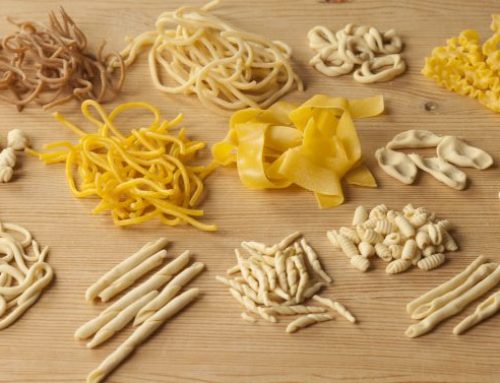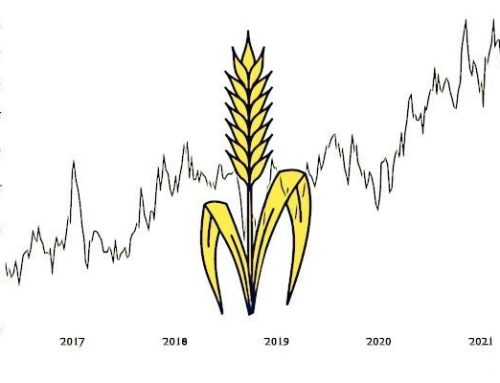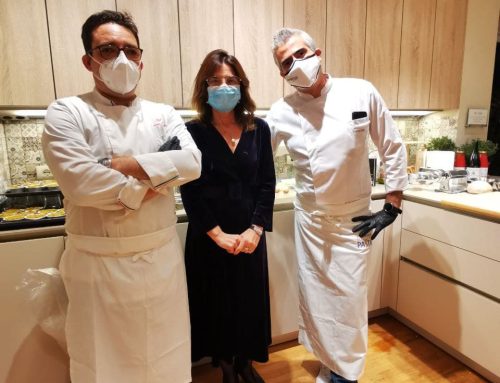
We learn from the Grano Salus site that the Sagittarius ship containing 250 thousand quintals of US wheat destined for De Cecco is stopped in Bari, and that the goods could be contaminated by wheat decay. This news is dismaying, considering the beautiful advertisement with the famous Gerini which declares that DE Cecco pasta is made with the “best grains in the world”. And we, who are passionate about Claudia Gerini’s films, especially the comic ones with Verdone, have no reason to doubt it … but this news is an unpleasant starting point to be able to emphasize more and more the danger of foreign grains and the little attention they have, obviously , the overseas farmers to send us their so contaminated grain.
But what is wheat decay?
Wheat caries (Tilletia caries, tilletia foetida) is a fungal disease that develops at the expense of kernels (wheat grains). It seems that all the grain inside that ship is particularly full of it and therefore inedible, not even for animal use. This fungus appears at the exact moment of germination of the grain of wheat, due to some spores that could, and should not, be present in the soil or outside the seed. Therefore, it is able to penetrate inside the tissues of the plant. As the plant sprouts, cavities can attack until full growth. It almost seems like a story told by a dentist, and basically the logic is the same. While for our teeth the damage is sugar, humidity is for the wheat which favors the germination of tooth decay. The whole grain becomes a “ball” full of cavities. These “balls” break during harvesting, letting the caries fall to the ground, contaminate the healthy kernels, which in turn become a source of inoculum for the following season.
But how can all this be avoided?
Use resistant grain varieties; sow winter crops in early autumn, when temperatures are still above 15 ° C; this reduces the risk of infection. Avoid long storage of grain in closed environments with no air recirculation, such as, for example, containers and silo ships that transport external grain for months. The mix between careful and honest farmer, temperature and climatic conditions avoid all these infections which certainly become harmful to our health.
So what is the wheat that by its nature and geographical position is best for our health?
Certainly the Sicilian durum wheat, cultivated in the best way, under the hot sun of our Sicily, at zero kilometer … which keeps it away from the “dentists”.






Leave A Comment